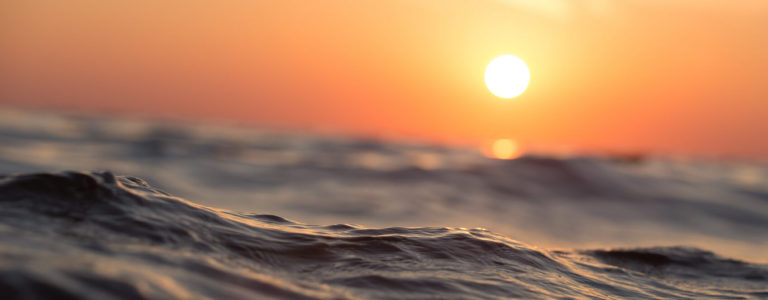Tec and Cave Training
– rise to the challenge –
Technical scuba diving (or “Tec diving”) takes divers beyond recreational scuba diving limits. This could include the requirement of decompression stops because of depth or time, or because an overhead environment prevents a diver from reaching the surface at a given time.
Technical diving is not for everyone, but if you are looking for challenge and are willing to accept the risks, time commitment, training and physical fitness requirements that go along with tec diving, taking a course can be highly rewarding and enjoyable.
The Riviera Maya is the perfect place to embark on your journey into technical and cave diving. The area is famous for its unique cave systems and cenotes. The area boasts hundreds of miles of long underground river/cavern systems with crystal clear water. Mayan artifacts, human bones and mammoth skulls have been found by explorers in these cenotes so diving in the Yucatan Cenotes means diving through history. The area also boasts access to deep water for training, whether in the ocean or cenotes.
Angel is a PADI TecRec Deep and Trimix Instructor Trainer as well as a TDI Full Cave Instructor Trainer.
Check out our frequently asked questions below and contact us for more information.
Training in overhead environment is split into three different modular steps. The idea is that you start from easy to complex and that you only can take the next step after you successfully completed the previous one.
Cavern Training is the first step that leads you into the overhead environment, but you always will stay within the daylight zone. There are several rules that apply for the cavern diver with regard to equipment, gas planning and a main focus will be on proper propulsion, trim, buoyancy control, line following procedures etc. No diver should be encouraged to enter an overhead environment (wreck or cave) without previous training.
The Intro-to-Cave module is the second step (and therefore has as prerequisite the successful completion of the Cavern Diver) and leads you away from the daylight zone into the dark portions of the cave. Equipment configuration will have to be adapted as well as emergency procedures and gas planning to name only a few.
The last part of the cave training is the Full Cave course You will learn techniques on how to safely navigate within complex cave environments. The caves in the Riviera Maya are for complex navigation among the most diverse, challenging and most difficult. Decompression planning completes the training within the cave.
The prerequisites by TDI standards are to be Open Water Diver with minimum 25 dives, and to be 18 years old. Mastery of the basic diving skills, a high comfort level in the water and good awareness will help through a successful training. You must also supply a current medical certificate completed by a doctor to confirm that you are fit to scuba dive.
If you already hold the TDI Cavern certification (or equivalent) and want to continue training with us, we will complete a refresh/assessment before starting the next module.
We won’t ask you to buy your own specialized gear before you take the course. You will need to provide wetsuit, fins (no split fins), dive computer and mask. We will provide the rest. We recommend taking the course in sidemount, unless you have previous experience of diving with backmount.
Because in technical diving the surface is effectively inaccessible in an emergency, tec divers use extensive methodologies, technologies and training to manage the added risks, and you will be introduced to and build on these during the PADI Tec 40, 45 and 50 courses.
You can complete each course individually or can combine two or more together.
You will learn about:
- Technical diving equipment, proper rigging and set up
- Gas planning, oxygen limits and decompression planning
- Team diving techniques and handling emergencies
- Mission planning and execution
- How to think like a technical diver
You will need to be minimum Advanced Open Water diver, with the Enriched Air Specialty and the Deep Diver Specialty, (or proof of at least 10 dives to 30m). Mastery of the basic diving skills, a high comfort level in the water and good awareness will help through a successful training.
You must also supply a current medical certificate completed by a doctor to confirm that you are fit to scuba dive.
Use the Sign Up button below or send us an email to let us know that you are interested, and what your planned travel dates are. We will get back to you to let you know our availability. Maximum size of group within the full cave training is 3 students per instructor so our availability gets booked up early.

